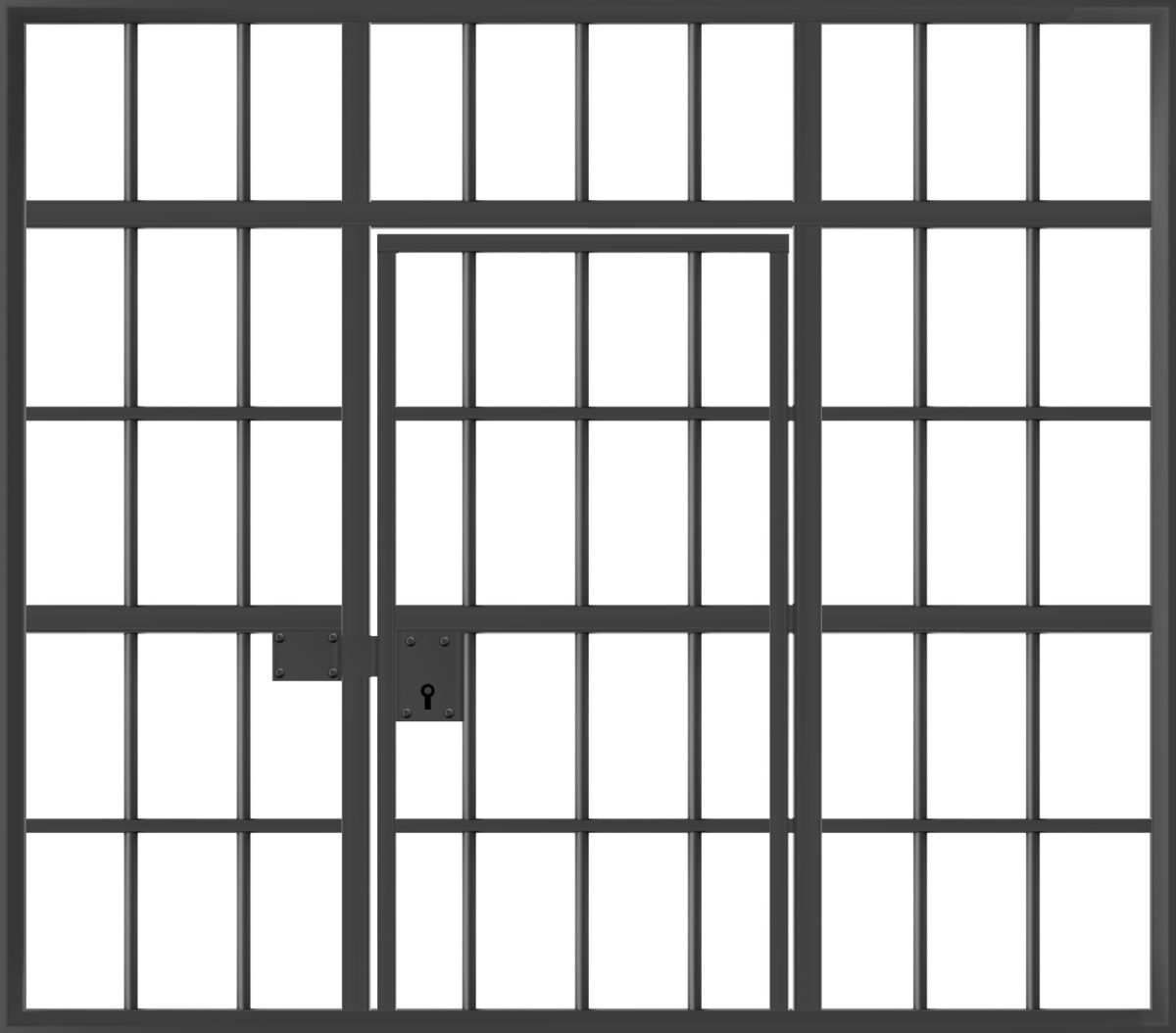On April 3, the Obama administration announced a comprehensive deal that seeks to limit Iran’s nuclear program.
The deal called the Joint Comprehensive Plan of Action (JCPOA) cites specific parameters for Iran’s nuclear enrichment levels (amongst other things.) The JCPOA states that, “Iran has agreed to not enrich uranium over 3.67 percent for at least 15 years.” It also places a special emphasis on enrichment levels because uranium – which can be used as a source of nuclear power – can be weaponized at advanced levels of enrichment.
Subsequently, if all outlined parameters are abided by, the U.S. and E.U. agree to provide Iran with sanctions relief by lifting all nuclear-related sanctions.
I believe this deal is an absolute success for both parties.
Tensions have been high between the U.S. and Iran for many years now and negotiations for the framework of a deal similar to the JCPOA have been ongoing for the last two years. This deal could potentially provide Iran with the added strength it needs to secure the region, given the current insurgency of the so- called Islamic State.
Israeli Prime Minister Benjamin Netanyahu, who has habitually criticized the negotiations between the U.S. and Iran, has recently utilized strong rhetoric to criticize the deal.
“It does not roll back Iran’s nuclear program. Not a single centrifuge is destroyed. Not a single nuclear facility is shut down,” Prime Minister Netanyahu lamented to CNN on Sunday. He continued, saying that it was a “very bad deal for Israel, the region and world.”
Ultimately, what Netanyahu fears a regional nuclear-arms race. Being that Israel is in such close proximity to Iran, he has a true existential fear for his country. As understandable as his concerns are, I believe that the framework of the JCPOA should quell his fears.
Netanyahu, and other critics of the plan, has expressed concern that no facilities have been closed completely within the deal, however, Iran agrees to convert its facility at Fordow so that is used for “peaceful purposes only”.
The most important part of this deal are the clauses on transparency.
The JCPOA requires that the International Atomic Energy Agency (IAEA) have regular access to all of Iran’s nuclear facilities including Fordow.
This plan takes a pivotal step in allowing for an additional – and much needed – nation of influence in an otherwise habitually terror-laden region.











